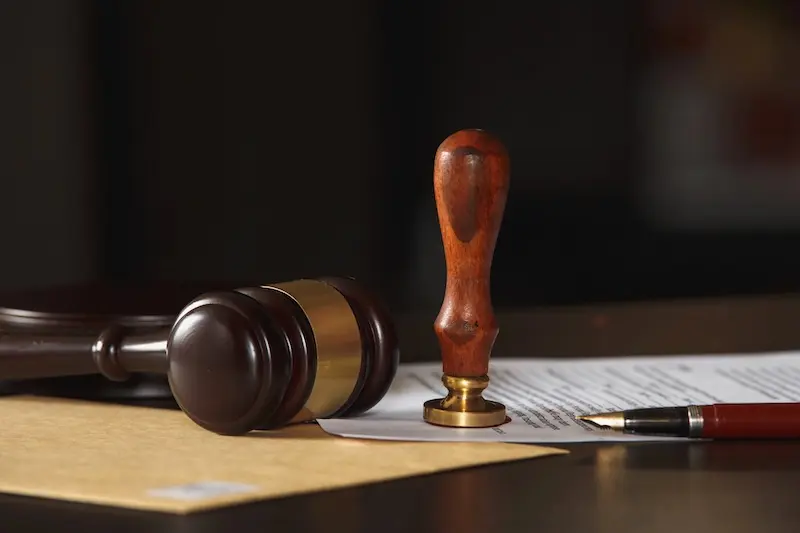When a relationship breaks down, the emotional impact can be all-consuming, and amid the upheaval, one major consideration that often gets overlooked is protecting assets during separation.
Whether you are married, in a civil partnership, or cohabiting, if your relationship has come to an end, there are plenty of financial responsibilities to negotiate. From joint bank accounts, investments, mortgages, maintenance for dependent children and pensions, all of these responsibilities require careful planning and professional advice.
Here, we provide an essential guide outlining key steps and considerations to help you safeguard your financial interests and plan for a more stable future.
The first step in protecting assets during separation is understanding your financial position
Before taking any action, it’s important to get a clear picture of your current financial situation. This includes:
- Listing all jointly and solely held assets (e.g. property, savings, pensions, investments)
- Detailing outstanding debts and liabilities
- Gathering relevant documents such as title deeds, mortgage agreements, bank statements, pension policies, and loan contracts
Having a full overview allows both parties to move forward from a position of knowledge and honesty rather than one of distrust and confusion. This opens the door for more meaningful discussions, which ultimately lead to an amicable resolution. And it means that everyone is singing from the same hymn sheet, including your respective solicitors, who can dive straight into the legal process for separation with complete clarity on finances from the outset.
Protecting assets during separation: What you need to know
When it comes to protecting assets during separation, the right approach depends on the nature of the relationship, whether it’s marriage, civil partnership or cohabitation.
For married couples or civil partners:
Nowadays, couples in a civil partnership have many of the same rights as those in a marriage. Either way, all assets held, whether owned jointly or separately, may be considered as part of the marital pot. The Irish court system has broad discretion to divide assets fairly under the Family Law Act, taking into account a range of factors, including:
- The financial and non-financial contributions of each spouse
- The future needs and earning capacity of each party
- Any arrangements for children
In a wholly more modern Ireland, the family units of today come in all shapes and sizes. So, it’s safe to say that there is no fixed formula for resolving a separation case. However, the guiding principle is fairness for both parties, which is particularly important when there are children involved.
For cohabiting couples:
More and more couples are opting to cohabit without going down the route of marriage or civil partnership. In the event of a relationship breakdown, cohabiting couples are not automatically entitled to a share of their partner’s assets.
However, under the Civil Partnership and Certain Rights and Obligations of Cohabitants Act 2010, a financially dependent cohabitant may apply for redress if the relationship breaks down, subject to specific conditions and time limits. And for cohabiting couples who have purchased a property together, you have the option of registering the property as joint tenants or tenants-in-common. So, should the relationship come to an end, how it’s divided will depend on which option you have chosen.
Key strategies for protecting your assets during separation
The end of a marriage or relationship breakdown can be truly upsetting, making it difficult to imagine what the future holds. However, in the here and now, it’s important to safeguard your interests for the road ahead, no matter how uncertain it may look. Here are several practical steps you can take to protect your assets when going through a separation:
1. Secure joint accounts
Freeze or place restrictions on joint bank accounts or credit facilities to prevent either party from withdrawing large sums or building debt in joint names without consent.
2. Change passwords and access
Update access credentials for online banking, investment accounts, and personal records to prevent misuse of information or funds.
3. Register a caution on the property
If your name is not on the title deeds of the family home or other property, it may be possible to register a caution with the Property Registration Authority. This prevents any sale or transfer without notice.
4. Consider a separation agreement
A formal separation agreement sets out the financial, property and custody arrangements between separating parties. This is a legally binding document and can help prevent disputes in the future. While some separations are completely amicable, it’s still advisable that each party has independent legal advice before signing on the dotted line.
5. Document everything
As any solicitor can attest, verbal agreements simply do not hold up in court. Keep records of financial transactions, correspondence and discussions relating to assets. This can prove very useful if a dispute arises and ensures clarity around what was agreed and when.
Common questions you may have
Will I lose my share in the family home?
Not necessarily. Whether the home is in one or both names, the law allows for a fair division. In some cases, the property may need to be sold, but often arrangements are made for one party to remain in the home, particularly where children are involved.
Can I move assets to another person’s name?
Attempting to conceal or transfer assets to avoid division can backfire. Courts have the power to reverse such transfers if they are seen as a way to impede a fair financial settlement. As the saying goes, the truth will always come out, so it’s best to be honest and upfront about assets from the beginning.
What happens to my pension?
Pensions are considered part of the overall asset pool and can be divided by way of a Pension Adjustment Order. Having a combination of both legal and financial advice is essential to understanding your rights and options. You’ll find more information on this topic here.
How important is it to have legal guidance when protecting assets during separation?
Attempting to navigate a separation without legal advice can leave you in a vulnerable position, both financially and emotionally.
An experienced solicitor specialising in family law can help you:
- Understand your entitlements and responsibilities
- Negotiate fair settlements
- Draft legally binding agreements
- Represent you in court, if necessary
At Summit Law, our Family Law team are on hand to offer support through every step of the separation process with clarity, empathy and professionalism. We understand how difficult this time can be and work to protect your interests while helping you move forward with confidence.
Reach out to us today for expert guidance and support
If you’re facing separation and need advice on protecting your assets, be it a property or financial investment, we are here to help. With a practical, down-to-earth approach and in-depth legal knowledge, we help you to make informed decisions during times of immense change and uncertainty.
Contact our Family Law team today to arrange a confidential consultation. Let us help you protect what matters most: a fair outcome for you and your family.



